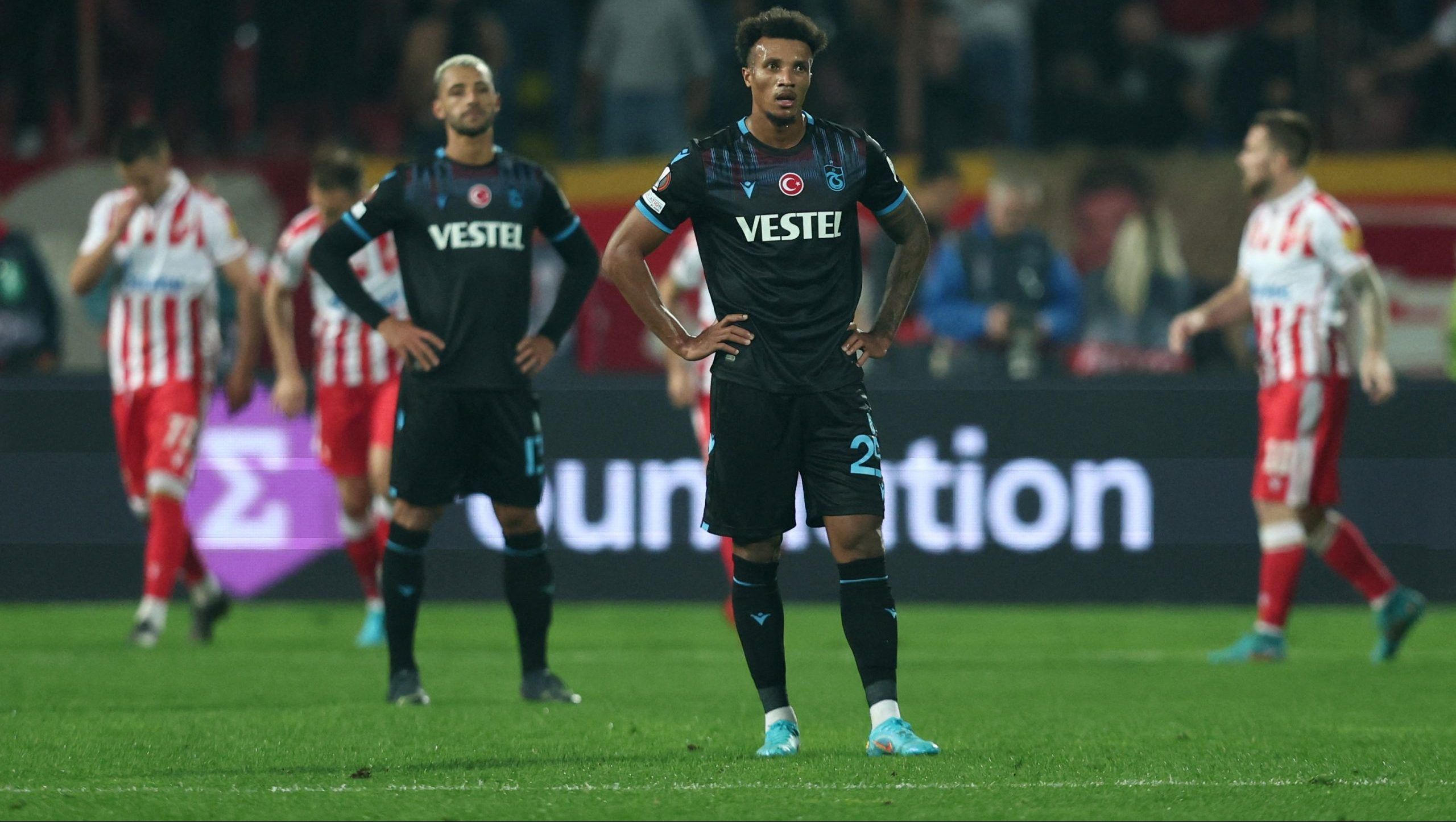Everton’s recruitment policy has been notoriously abhorrent since Farhad Moshiri’s 2016 acquisition of the club, with the Iranian businessman often putting his money and faith in the wrong hands.
Allowing Ronald Koeman to unload £135.5m in the summer of 2017 seemed an intelligent move until his sacking in that October, as did providing £85m and £102m to Marco Silva before dismissing him in December of 2019.
This culminated in the FFP mess they found themselves in, of which only the sale of their prized asset this summer in Richarlison could absolve them.
Whilst there are plenty of names to pinpoint when discussing some of the worst transfers of this bunch, arguably the most pertinent is that of Jean-Philippe Gbamin, as he continues to drain the Merseyside outfit.
Signed for £25m and handed a lucrative five-year contract, recent reports from Turkey have suggested that the Toffees will allow the Ivorian to leave Goodison Park for a fee between €5-€7m (£4m-£6m).
Since joining in 2019, the 27-year-old has only mustered eight appearances for the club.
For comparison, he has spent more time on the pitch for both CSKA Moscow and Trabzonspor, two teams from who he has been on loan from Everton.
Billed to be the replacement for Idrissa Gana Gueye, who had left that summer for Paris Saint-Germain, the club actually had to re-sign the 33-year-old Senegalese stalwart with how badly the Gbamin deal failed.
This marked the pinnacle of Silva’s misspent funds and outlined one of many Moshiri howlers that have led to their downturn in stature.
When quizzed about this transfer, former Blues favourite Kevin Campbell had the following to say: “He’s had nothing but bad luck since he’s been at Everton.
“It’s then very difficult to build up a head of steam to try and get game time. Going to Russia and being able to get game time is very important.”
However, his Russian move did little to reignite his career in L4 as it seems the club just wants him gone.
They could have their wish this January, but not without losing significantly on their initial spending.

